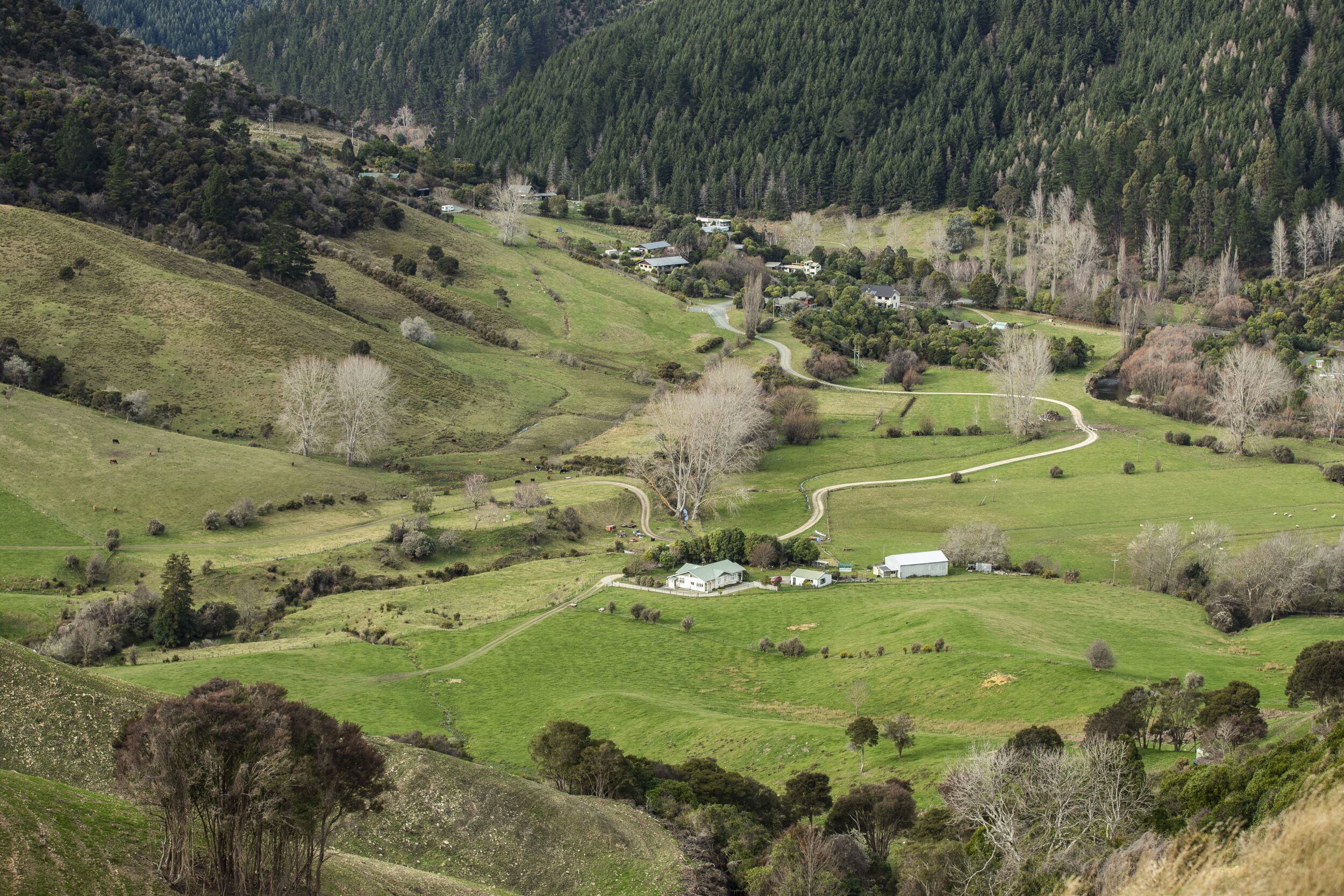Lack of transparency in fast-track process ‘worrying’
The potential fast-tracking of a Nelson village project has raised concerns with environmental groups, who are worried that earthworks will put the Maitai River at risk.
Last week, the Government announced a list of 149 projects it would like to fast track consent for through its Fast-track Approvals Bill.
In Nelson, the Maitahi Village project made the list, proposing 180 residential allotments, 50 of which are earmarked for Ngāti Koata iwi-led housing, as well as a retirement village with 194 townhouses and 36 in-care facility units.
A plan change for the Maitahi development is currently before the Environment Court.
If approved, the applicants will need to proceed to resource consenting stage, for which they would be able to use fast track processes through the Environmental Protection Authority.
Save the Maitai spokesperson Peter Taylor said this was a “brand-new proposal” and a “huge” project.

Taylor said it “obviously hasn’t been clear” to the developers what they were going to build in the valley.
“It started at 300 houses, and then it went to 700, and then it was 900, and now it seems to be 180 plus a retirement village.”
It also wasn’t clear what going through fast track meant in terms of environmental protections, he said.The original proposal went through the Resource Management Act (RMA) process and the Environment Court, which Taylor said found that there were inadequate environmental protections for the project, and the court was in the process of finalising exactly what protections were needed.
He said Save the Maitai would like to hear from the developers that they were going to adhere to environmental controls that the court had put in place, as regardless of the size of the development, there would be earthworks that would potentially have a detrimental effect on the river environment.
The group was seeking legal advice, as it wasn’t clear what the proposal to fast track meant in terms of bringing forward projects that had already gone through the RMA process and had conditions imposed, Taylor said.
However, Maitahi Village project director Andrew Spittal denied that the project was a new proposal.
While he said there had “never been a retirement village” in any of their resource consent or plan change applications, the area that it would be using was what they had applied for intensification on, and the plan change allowed for those activities.
As to the number of houses, Spittal said they had never said they would build 700 or 900 homes, and that CCKV Maitai Development Ltd would only build “350 top” in the Kākā Valley.
Spittal pointed out that there was no fast track legislation at present, and they wouldn’t know what was in it until it was passed.
“Yes, we applied for fast track, we got it, which is a good feeling. Whether we are going to use it or not, we will have to see what that means.”
As to whether developers would adhere to the court’s conditions of environmental protection, Spittal said the rules and provisions would remain.
“What I don’t think people have understood [is that] there are still National Policy Statements. A resource consent doesn’t get you away from using those and the rules and provisions that we have volunteered [to] and we have agreed to in court.”
Friends of the Maitai, which took a “non position” on whether the development should go ahead or not, testified in Environment Court hearings.
Group member Steven Gray said what was worrying for the group was that they felt there was “some sort of safety” with the RMA in place, but now were unclear as to what the fast track meant for those procedures and protections, making it a “big unknown”.
“It’s a bit worrying,“ he said.
“We want to see proof that environmental protections will be in place and [will be] robust during the development process.”
The Government’s lack of transparency around the fast track process was “worrying”, he said.
By Warren Gamble, Nelson Mail

This Post Has 0 Comments